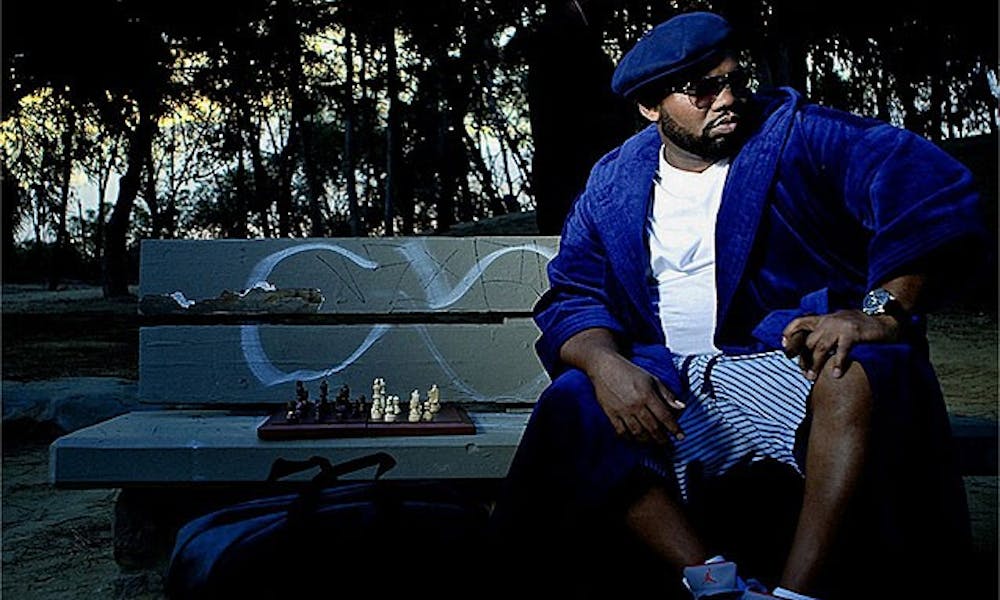Dissent lurks in the ranks of the Wu-Tang Clan. On 2007’s 8 Diagrams, the last full-ensemble Wu effort, ringleader and producer RZA tinkered considerably with the group’s established formula, pushing their signature sound toward a string-laden, acid-washed funk that Raekwon disavowed as too “hip-hop hippie.” Compounding the directional shift was the release date: RZA scheduled 8 Diagrams to drop just a week after Ghostface Killah’s solo effort Big Doe Rehab. Ghostface was conspicuously absent from the group album, phoning in verses on just two tracks and publicly announcing his displeasure with RZA.
Since 8 Diagrams, Raekwon has put his name on three proper albums, to which RZA has contributed a scant three production credits. With Shaolin vs. Wu-Tang, he’s been shut out entirely. Ironically, the Wu-Tang’s in-fighting probably brought Shaolin closer to the vintage, 36 Chambers-era Wu than it would have come under RZA’s direction. Stand-in producers like Scram Jones (“Last Train to Scotland”) and Bronze Nazareth (“Butter Knives”) hew pretty closely to the boom-bap insistence that RZA pioneered on the Wu-Tang Clan’s early releases. Method Man and Ghostface are all over this album, as are samples from the titular Gordon Liu film. One could call it a back-to-basics effort, but really the Chef has never left his roots very far behind.
Raekwon isn’t straying too far from his comfort zone lyrically, either, but that’s never been a bad thing. Compared to the sweeping, Pyrex-fueled nightmare Only Built 4 Cuban Linx Pt. II, Shaolin practically floats along; apart from gigantic misstep “Rock and Roll,” no track exceeds five minutes in length, and most are under three. From the self-mythologizing “Snake Pond” to the choppy, rapid-fire “Every Soldier in the Hood,” Rae’s witticisms and percussive delivery carry the day. By comparison, big-name guests Rick Ross and Nas sound pedestrian.
Bizarrely, the Chef’s internalization of Wu-Tang style and mythology stands not only as another stellar solo album, but as homage to RZA—who, after all, was the one who gave street cred to kung-fu films and nicknamed Staten Island “Shaolin” in the first place. When artists as prolific and talented as Raekwon and RZA work together for as long as they have, friction is inevitable. What should not be overlooked is the gritty brilliance each continue to churn out.
—Ross Green
Get The Chronicle straight to your inbox
Signup for our weekly newsletter. Cancel at any time.

